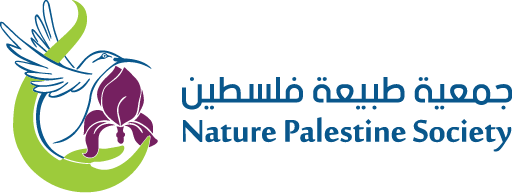Invasive alien species (IAS) pose the second largest threat to biodiversity loss after habitat destruction worldwide. Additionally, IAS cause major negative impacts on health, socioeconomics, agriculture, and the environment. In a recent study, it is estimated that the global economy lost is around 1.3 trillion dollars in the past 50 years in its battle against IAS. Palestine is blessed with its rich biodiversity due to its distinct location, and for having a wide spectrum of geographic areas within, nevertheless, IAS and their adverse effects are negatively impacting this wealthiness.
In order to minimize the threats imposed by IAS on the Palestinian society and environment, there is an urgent need for an efficient National Strategy for Mitigating and Managing the Threats of Invasive Alien Species. For the first time in Arab world, Nature Palestine Society was able to prepare the First National Invasive Alien Species Strategy and Action Plan targeting the State of Palestine.
The prepared strategy many components included cross-sectorial approaches, together with relevant legislations and enforcement, adequate research, capacity-building efforts, investing in education, and a strong public awareness component. Moreover, recommendations for vital actions such as a proper mechanisms for information exchange on both the regional and global levels, as well as an efficient early detection and rapid response plan were also included in the Strategy. Prior to the preparation of the Strategy necessary data the first comprehensive survey assessing the presence and status of IAS in Palestine was executed in order to align with the national needs and threats. Moreover, the strategy included the outcomes of a detailed questionnaire that was sent to all stakeholders. Additionally, three workshops took place during the preparation of the strategy for consultation and feedback from relevant governmental bodies and related stakeholders. It’s worthwhile mentioning, the strategy followed the guidance of the international agreements and treaties which Palestine is signatory on.
The Strategy has three thematic areas namely; basics, baseline and monitoring, and finally management. The three thematic areas include 8 objectives that are reflected in 25 planned actions to be implemented across three timelines; short-term (2022- 2024), medium-term (2025-2026), and long-term (2027-2030).
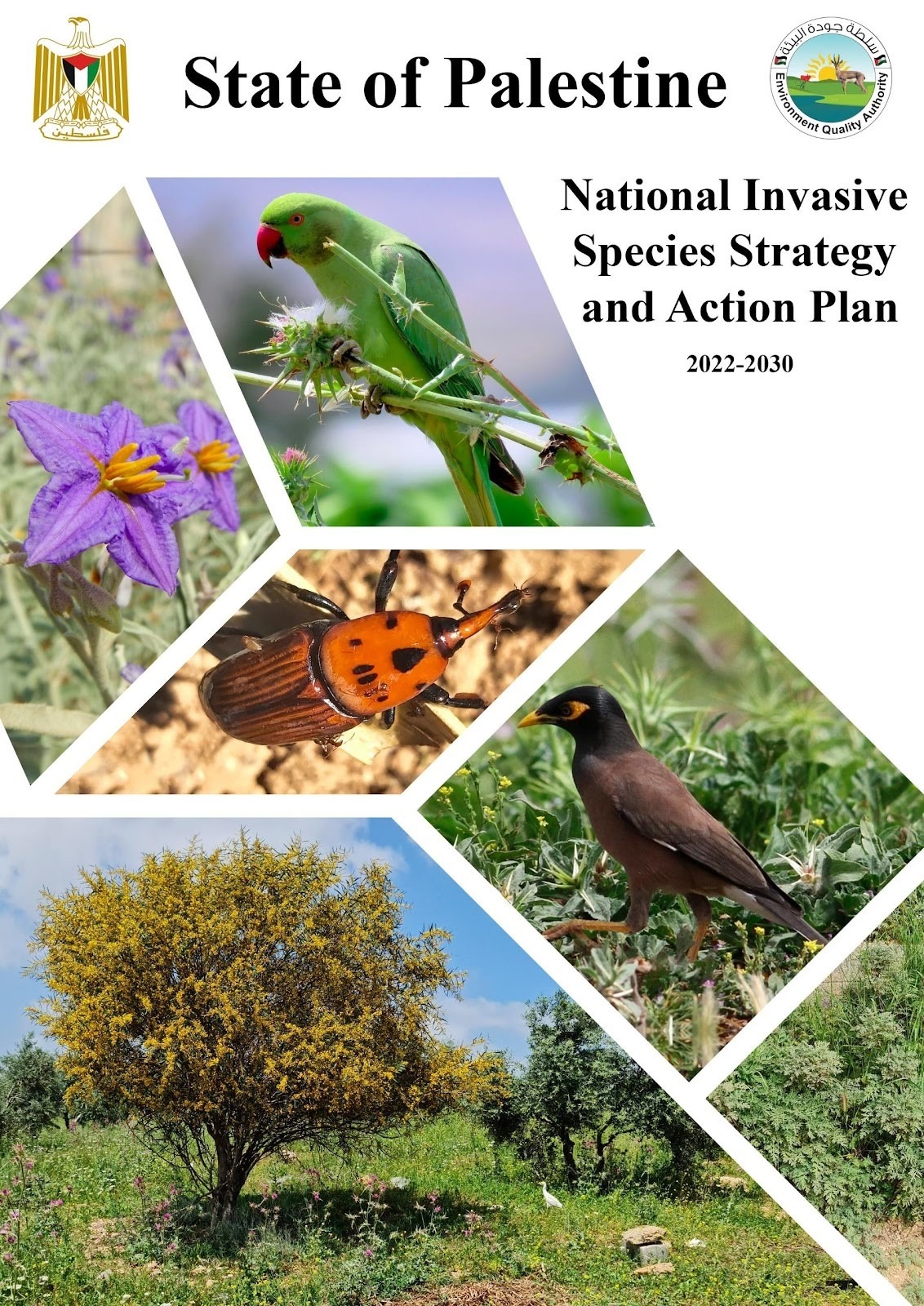
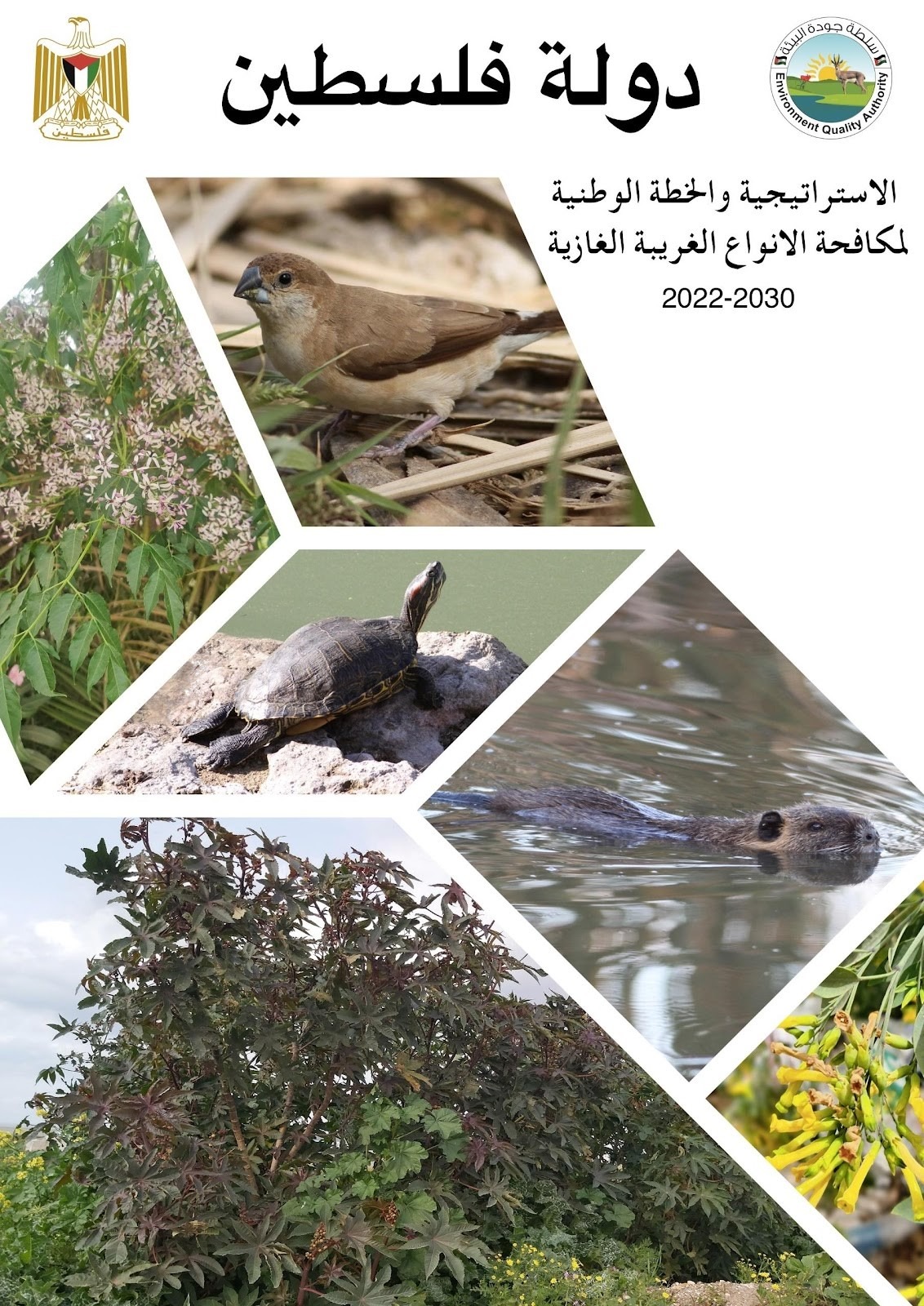
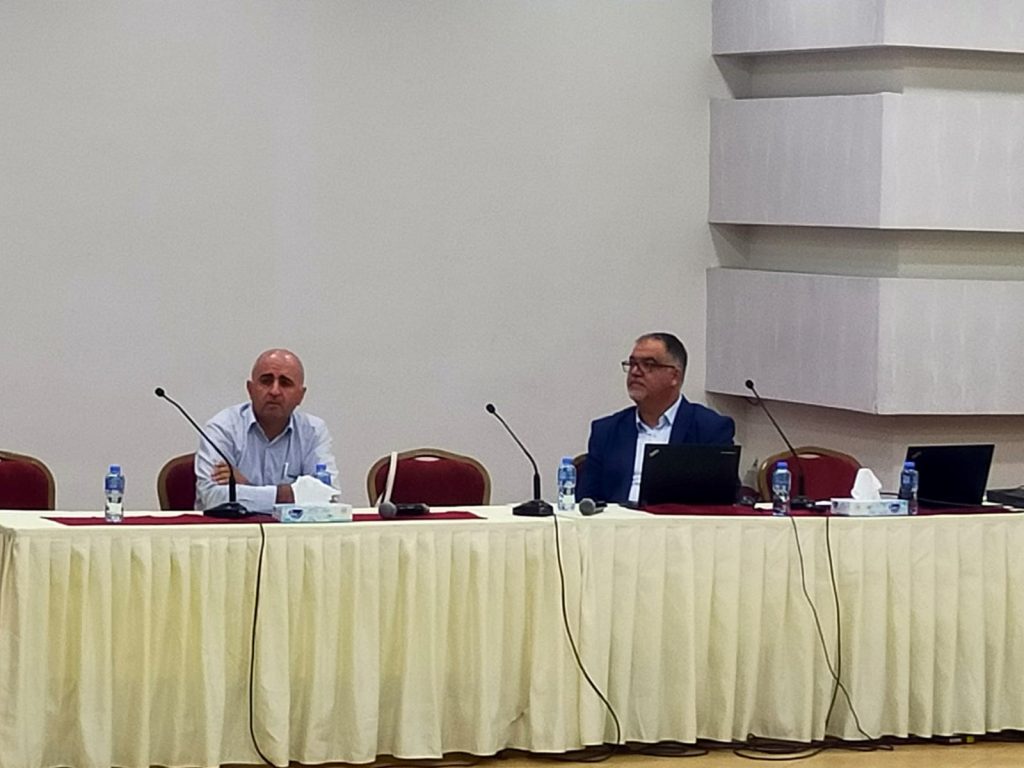
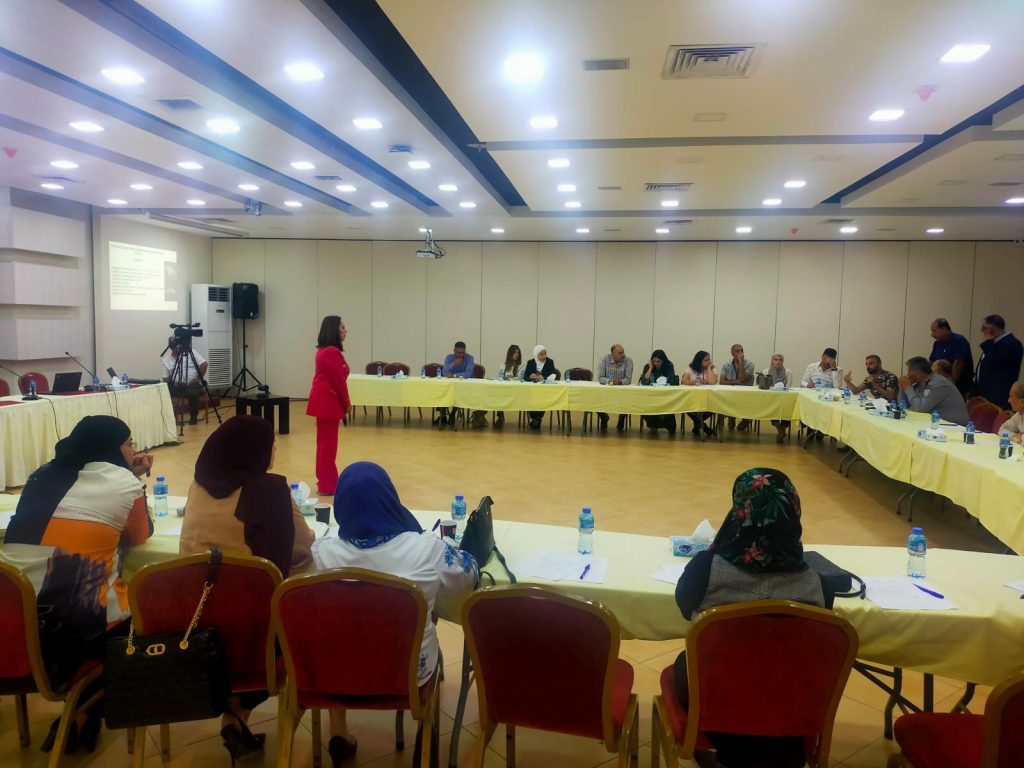
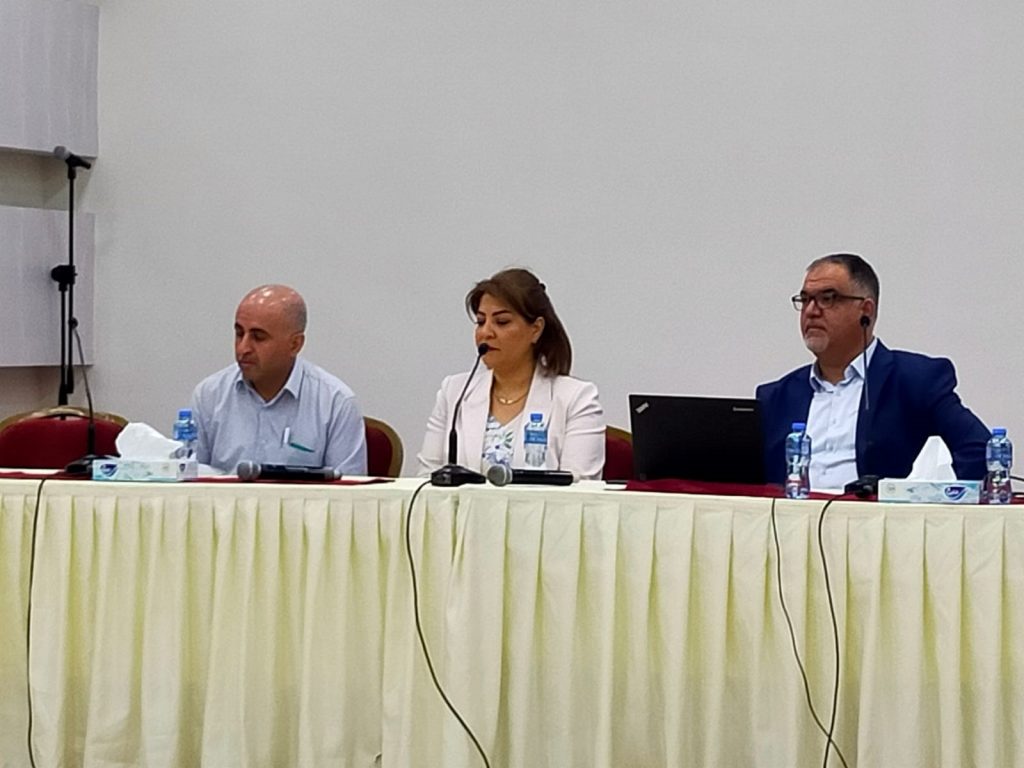
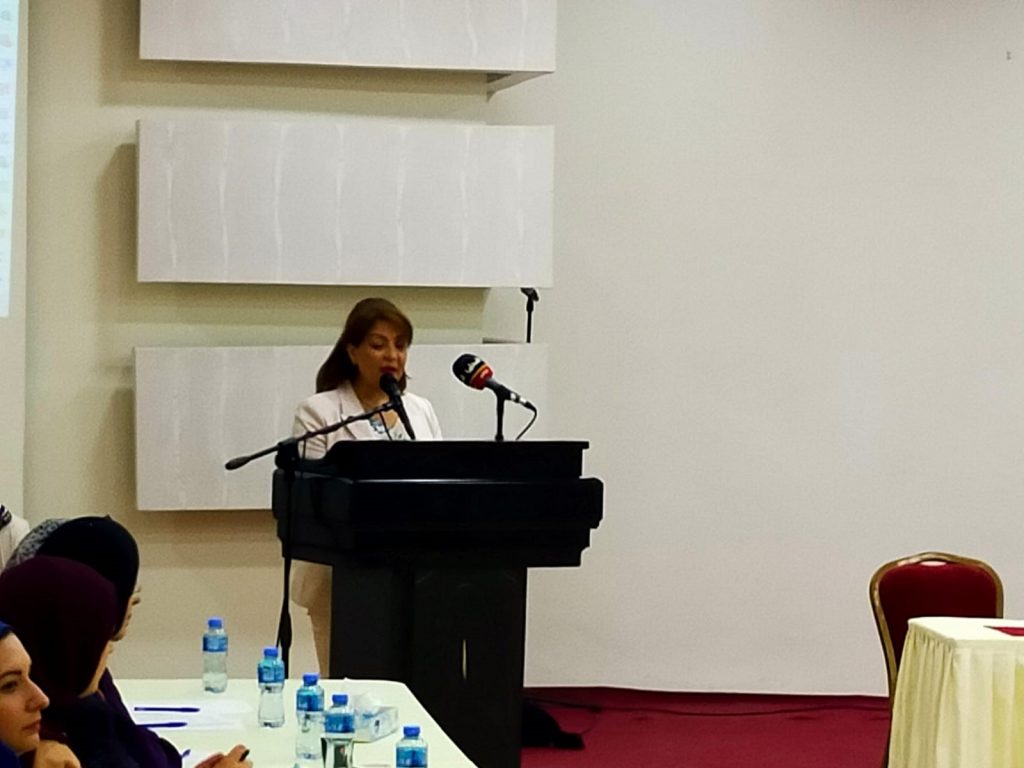
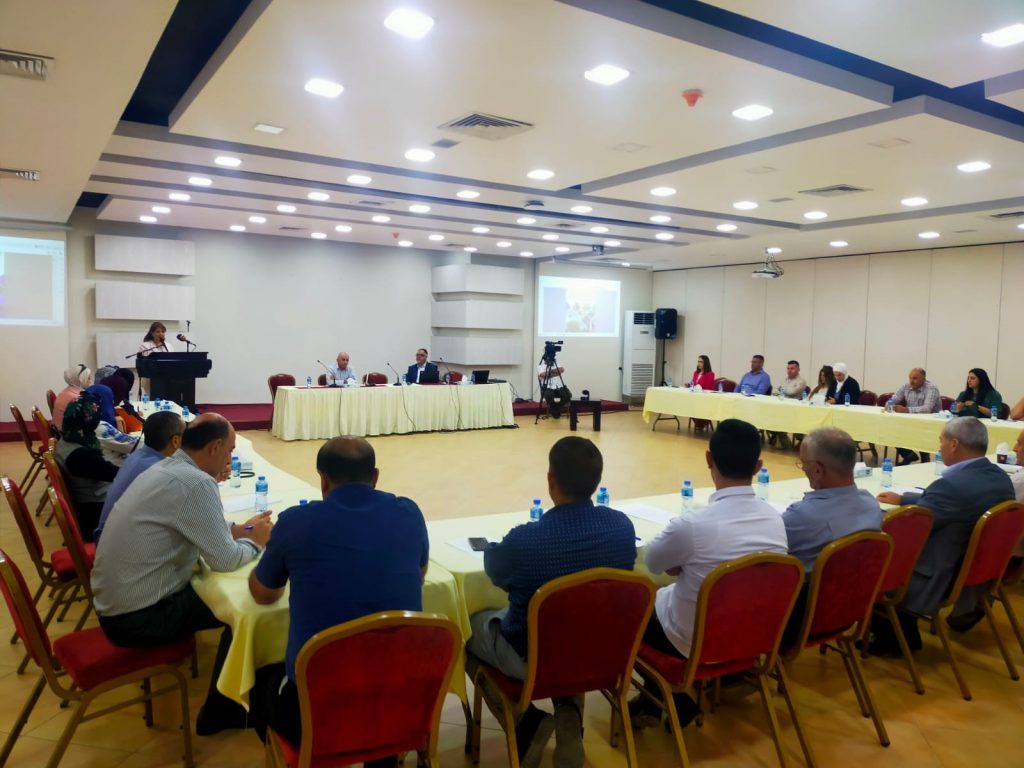
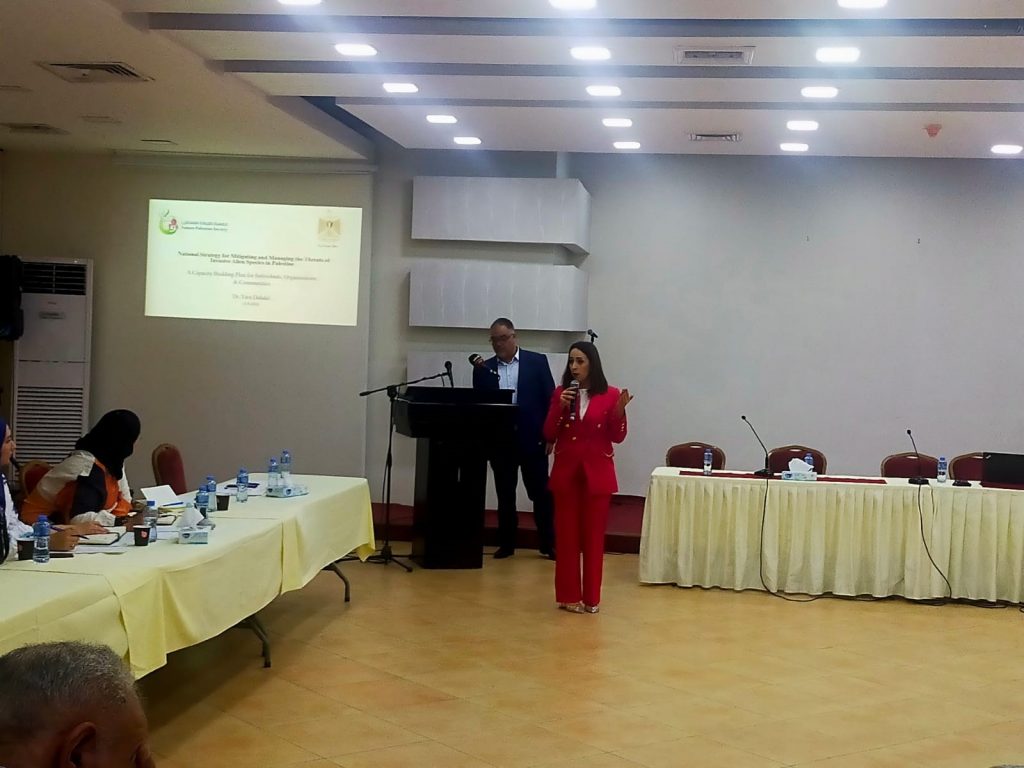
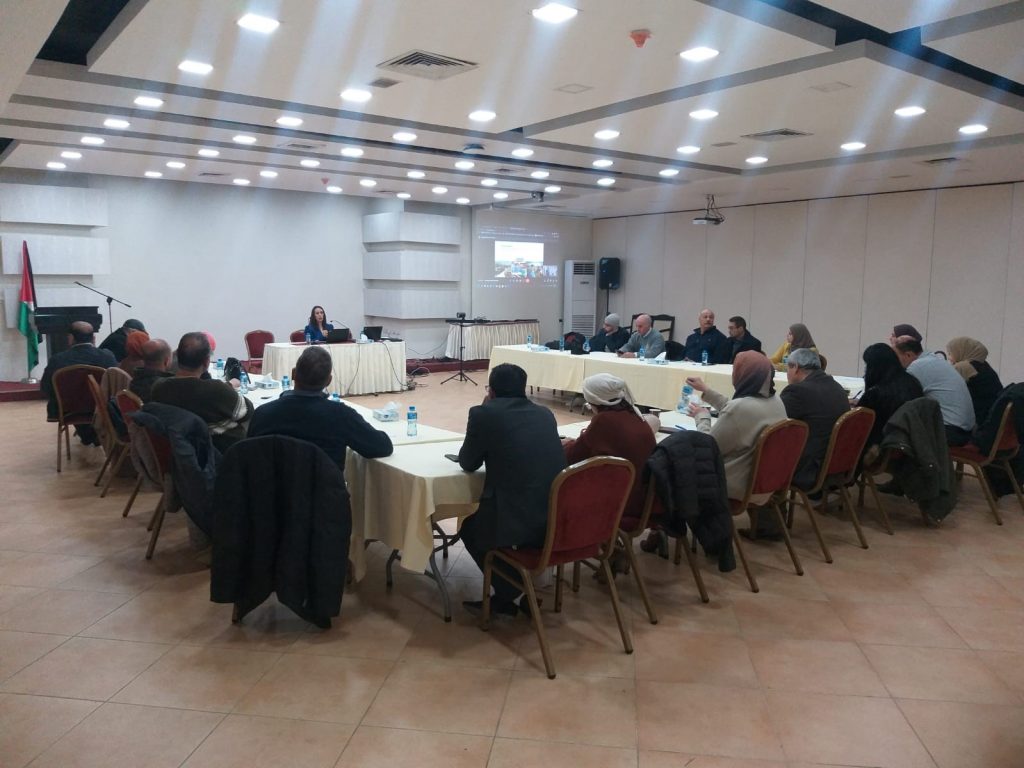
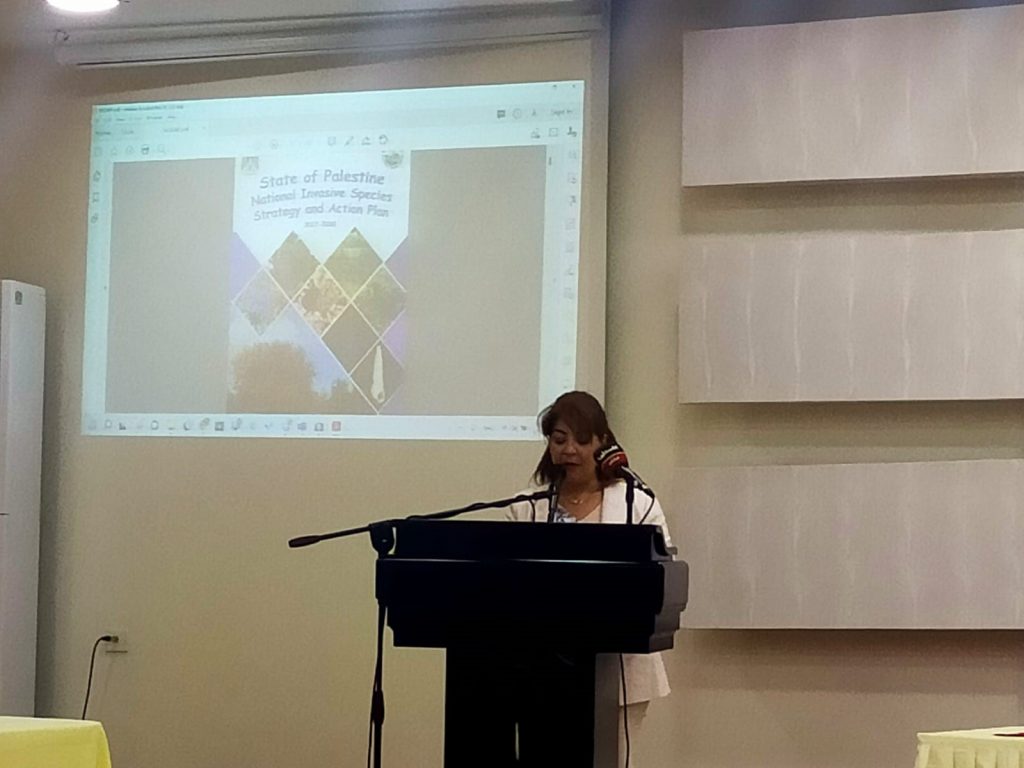
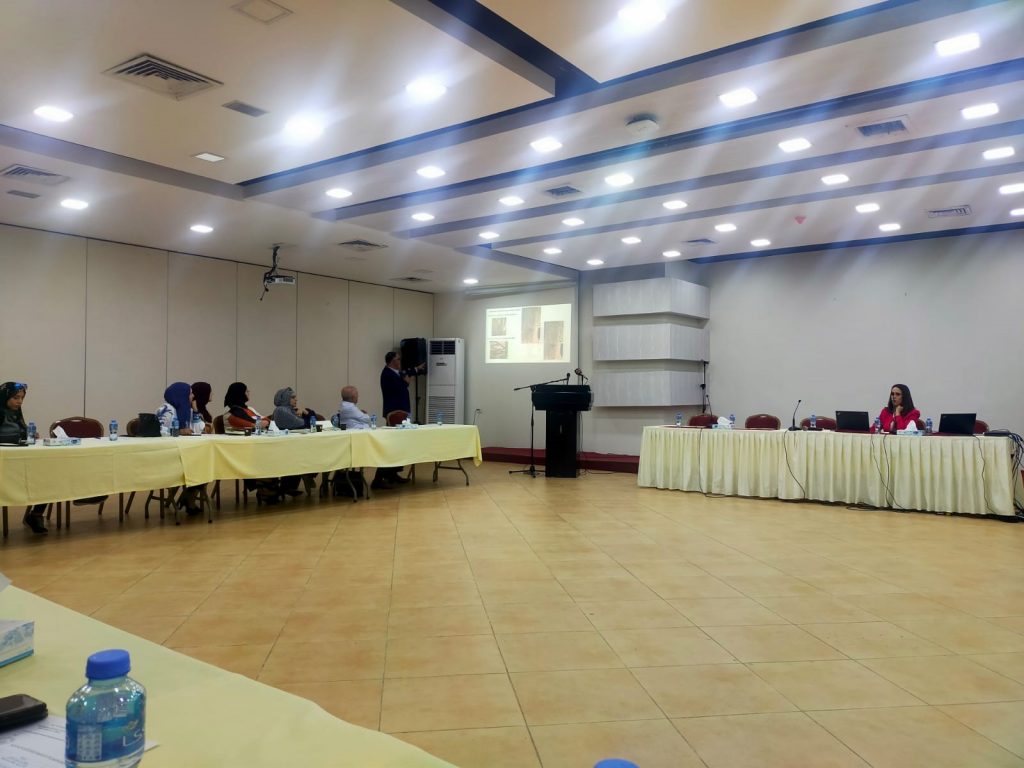
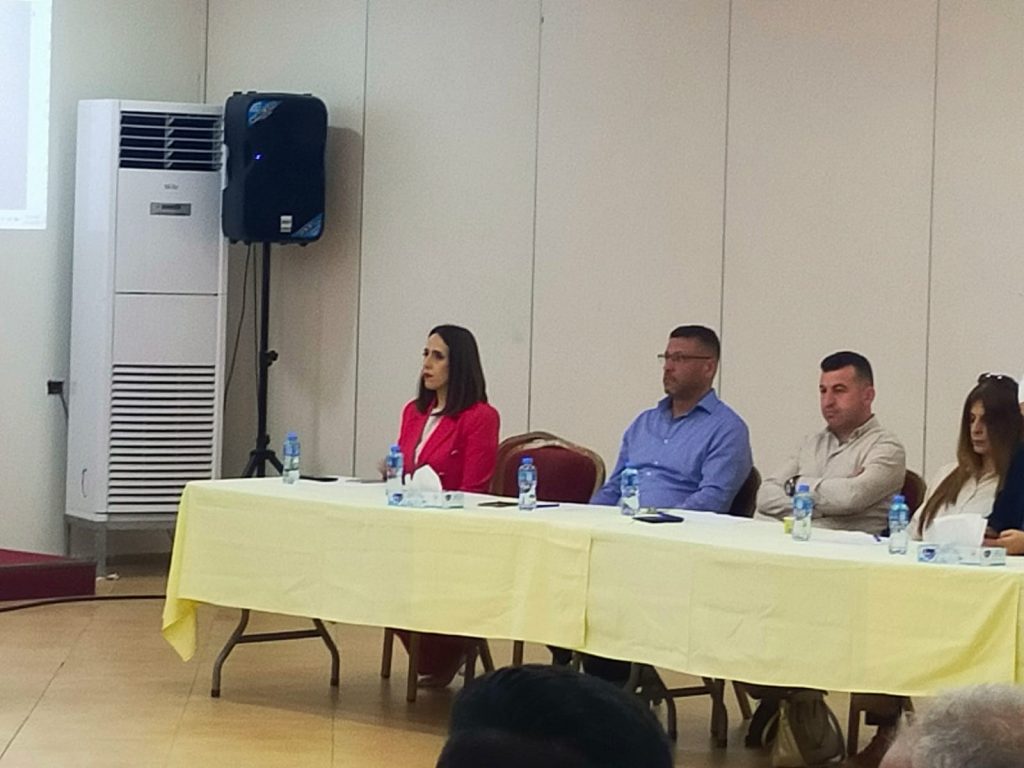
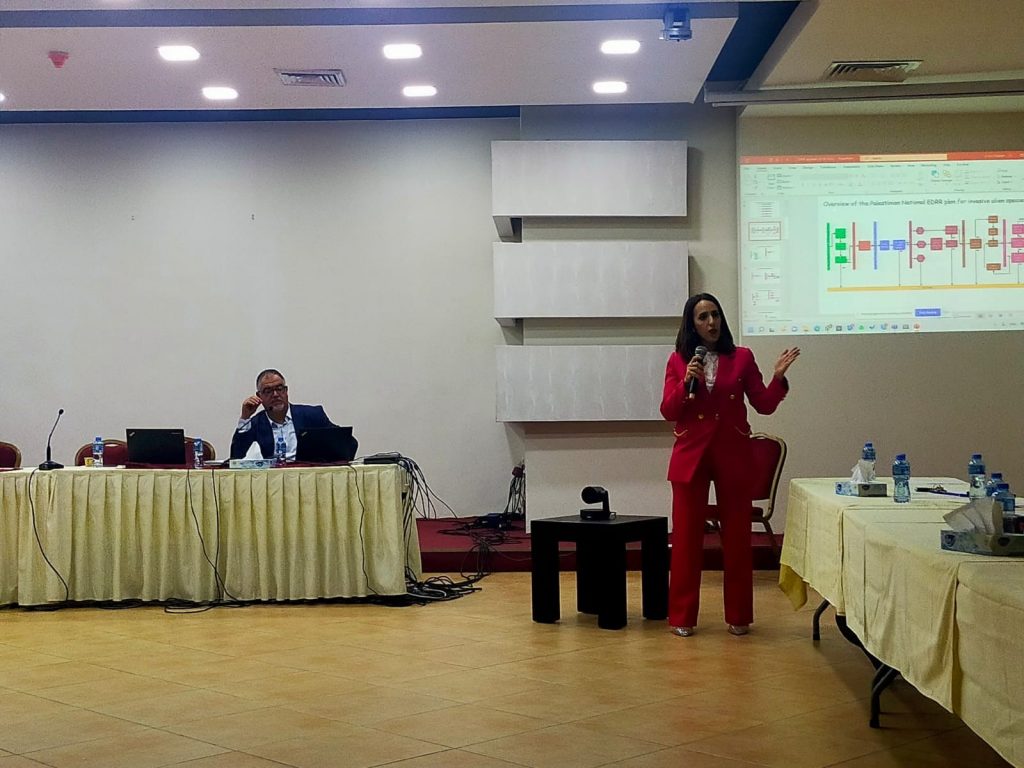
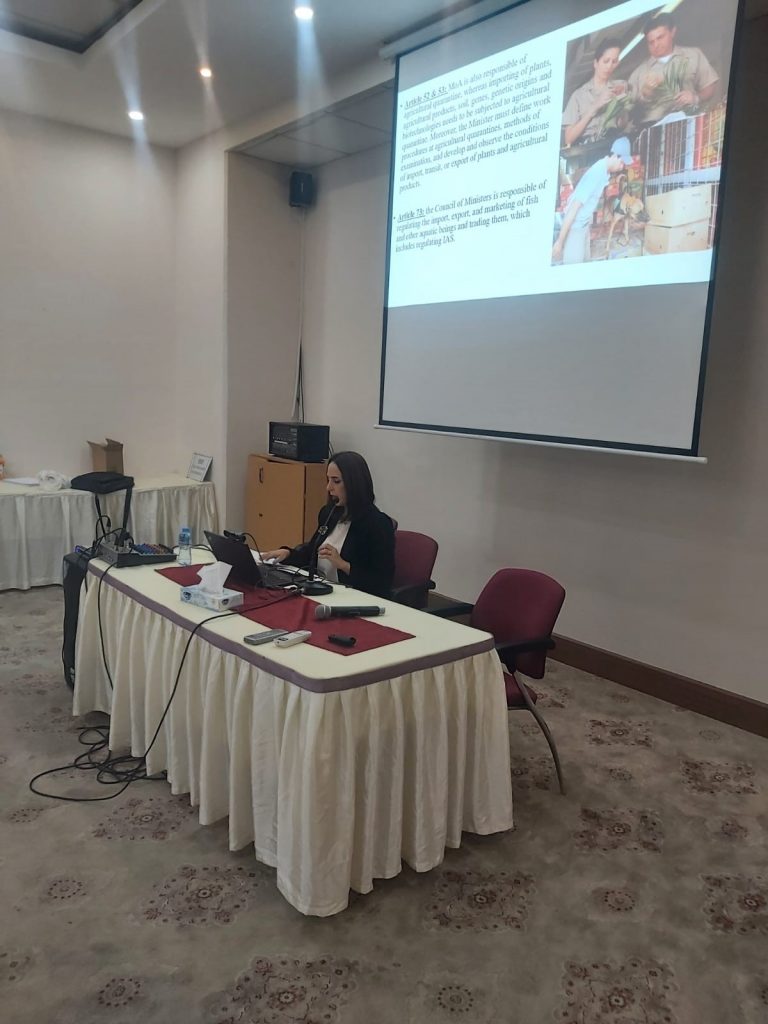
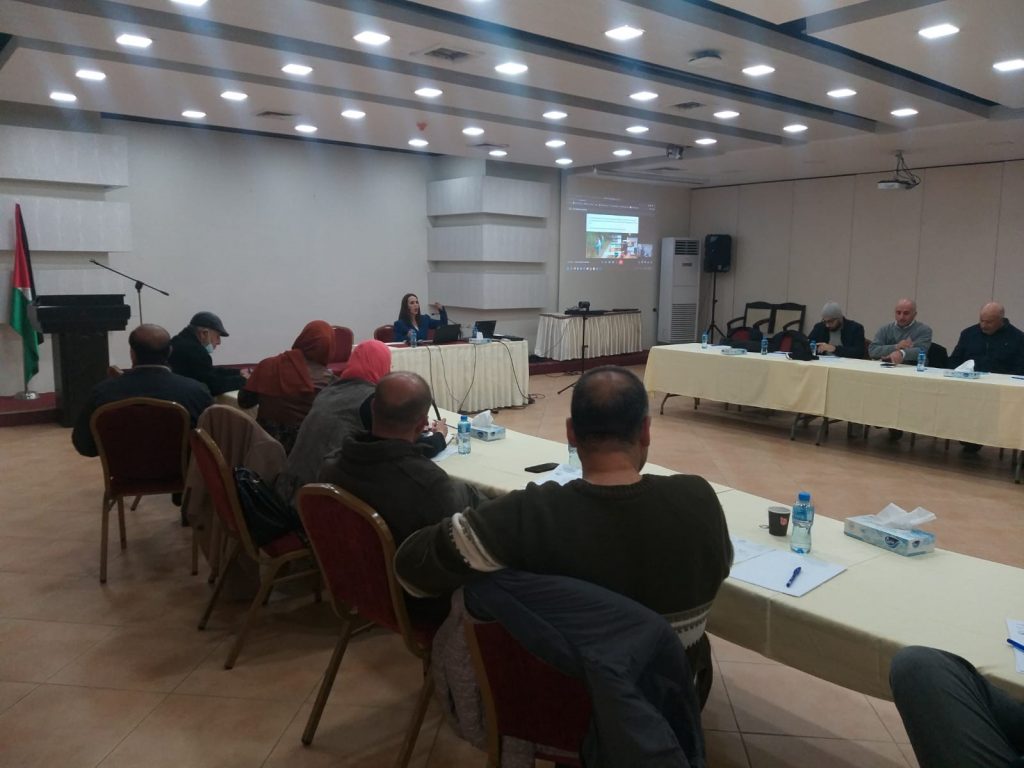
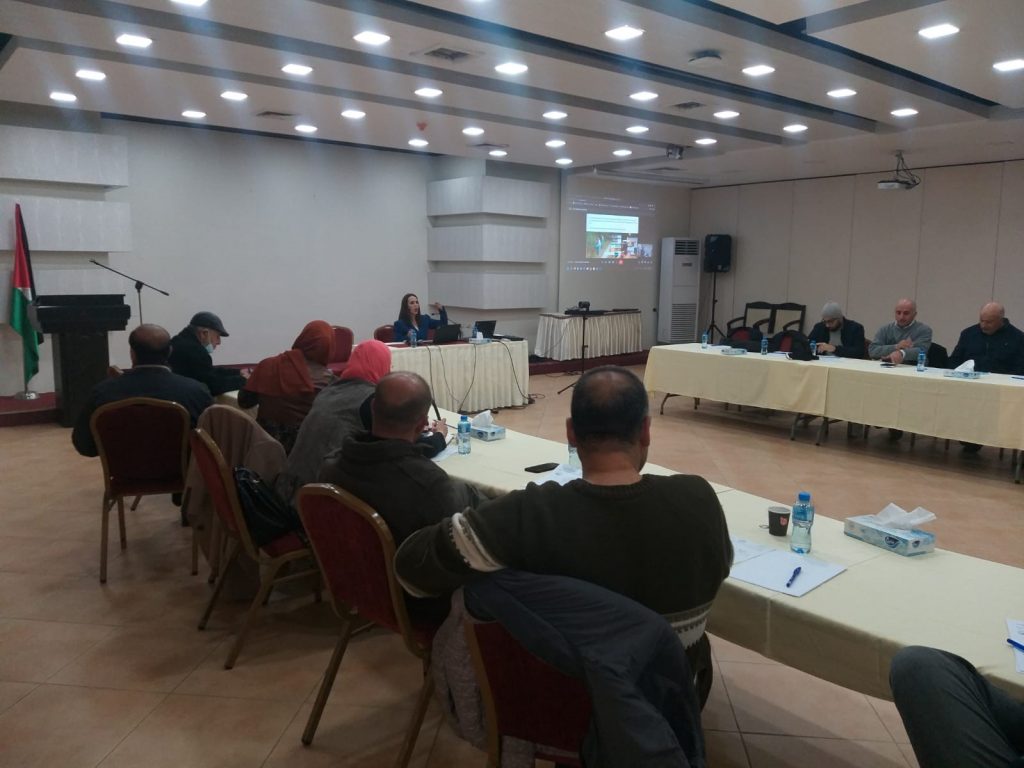
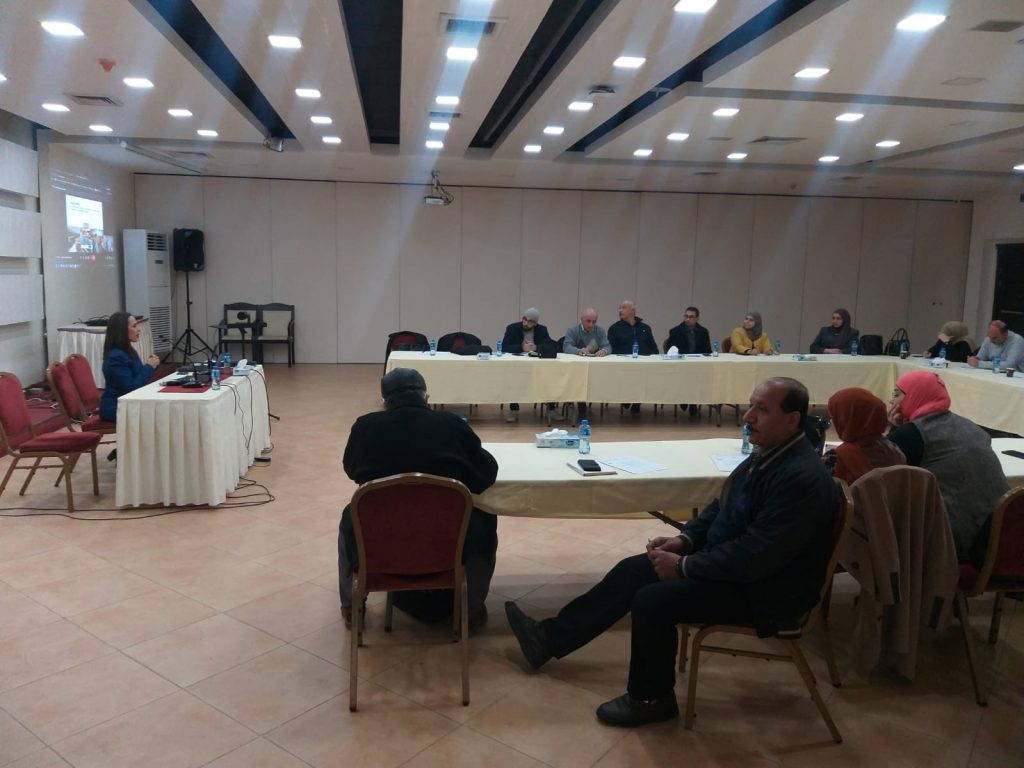
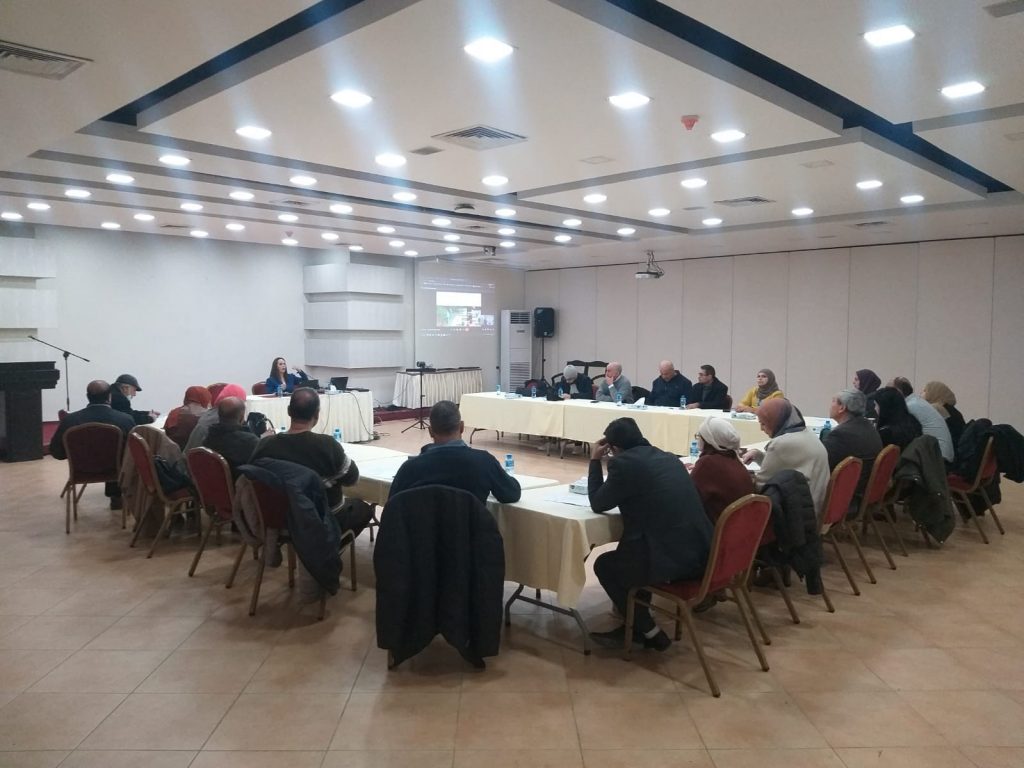
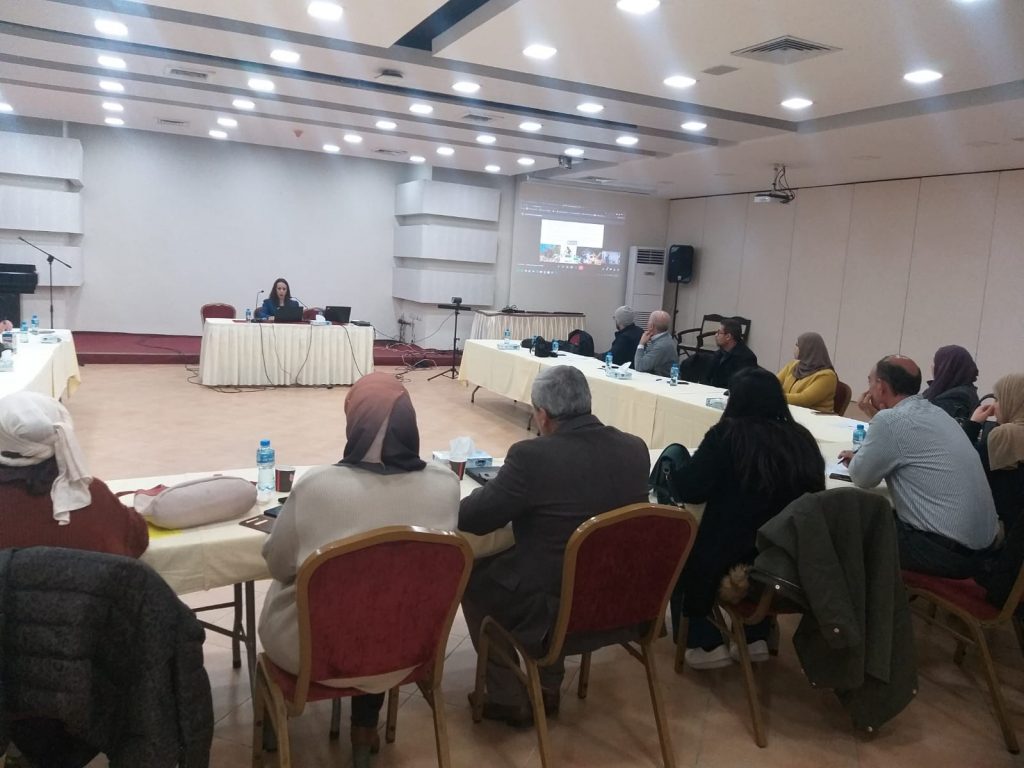
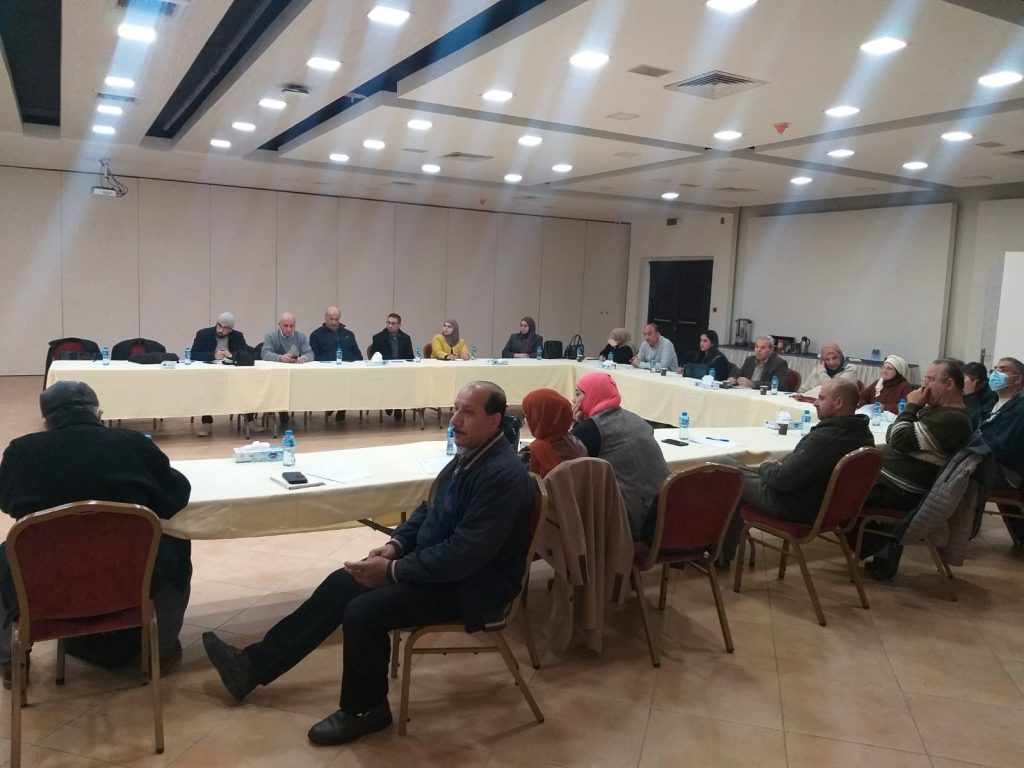
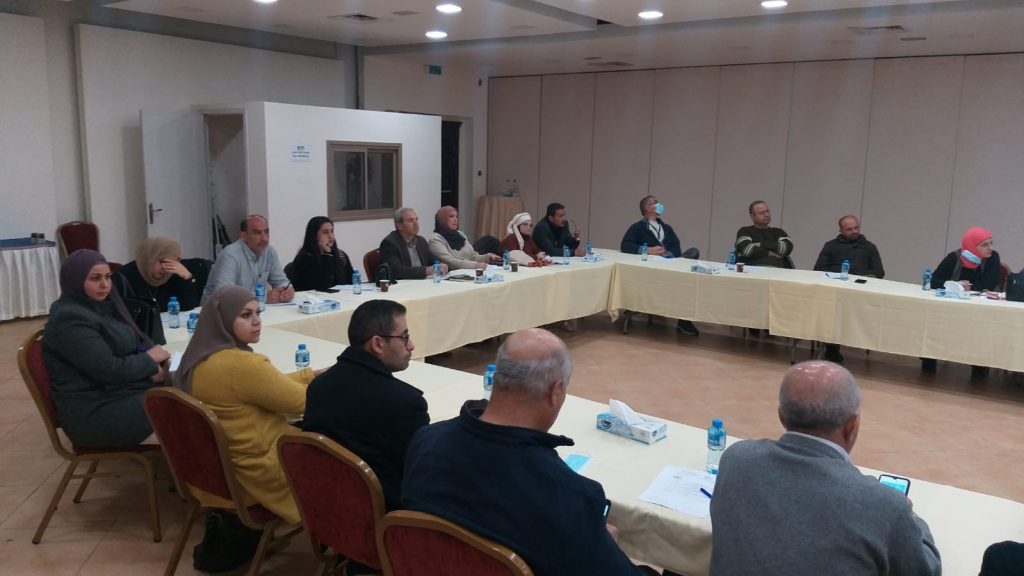
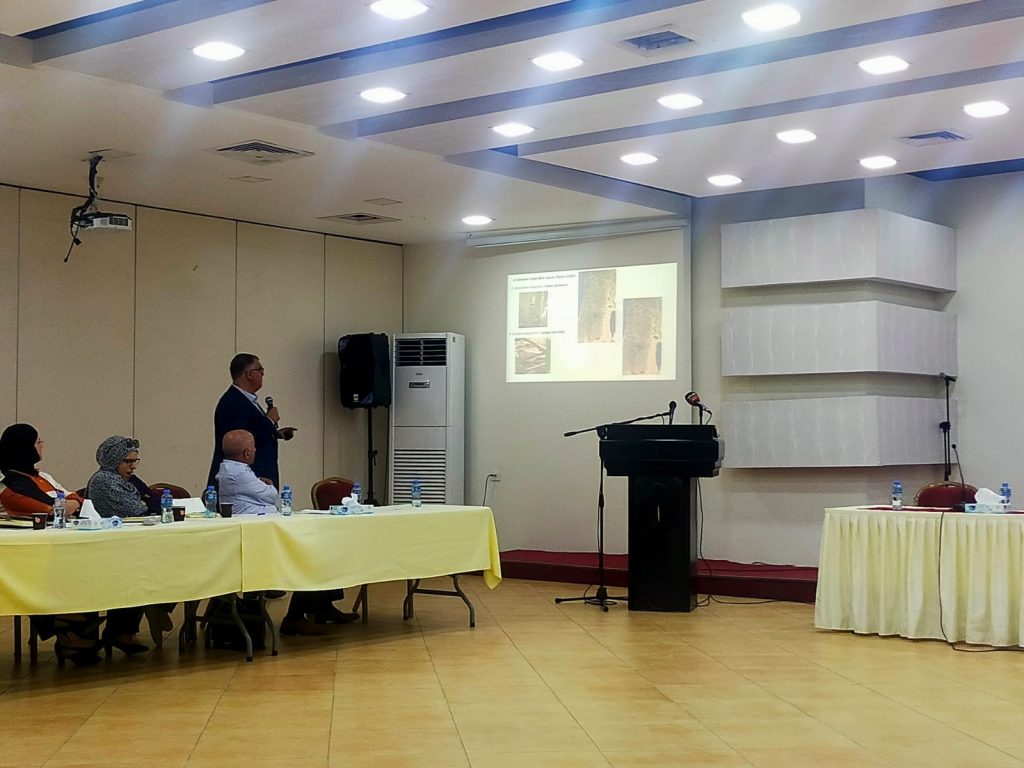
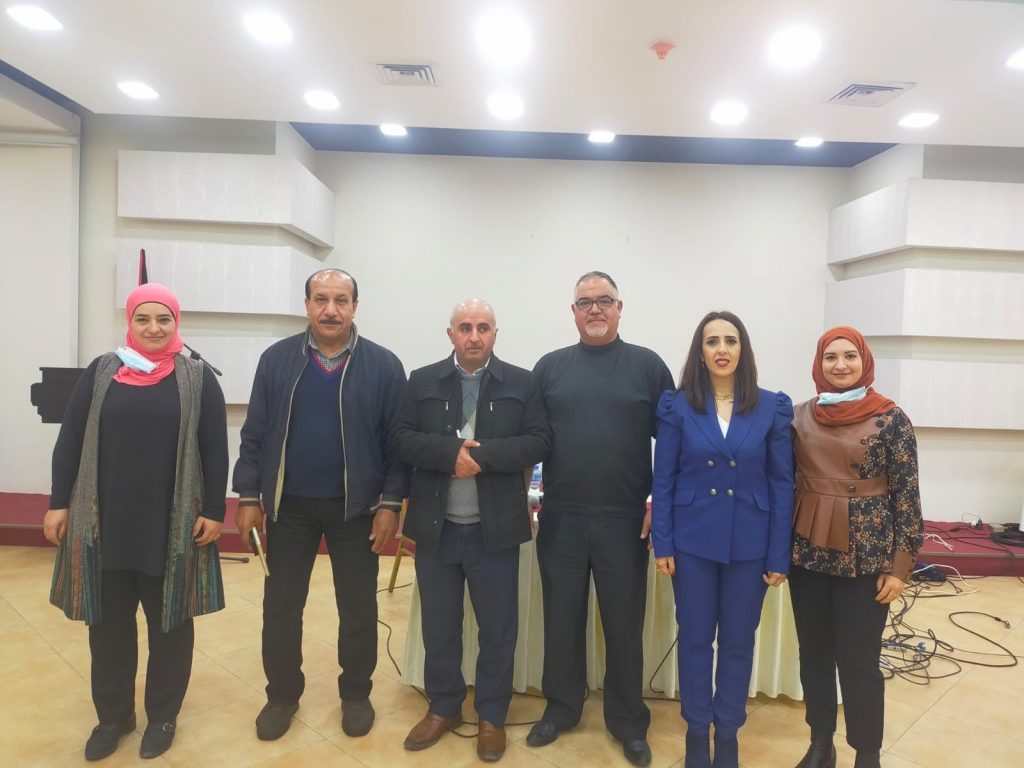
Implementation date: 2021-2022
Donor: The Swedish International Development Agency
Endorsed by: The Palestinian Quality Authority
